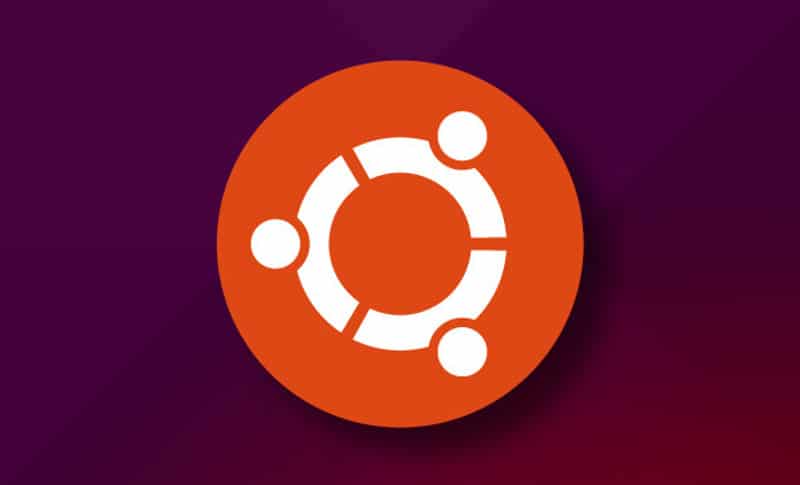Canonical has finally released the anticipated Ubuntu 17.04 (Zesty Zapus). The new Ubuntu has been arrived weeks after its beta and alpha test versions and is designed to enable cloud and Internet of Things (IoT) operations through an extended container support.
Ubuntu 17.04 is the first release in its family with the latest stable Linux 4.10. The platform also includes support for container-centric technologies such as Kubernetes, Docker and LXD. Canonical believes that its fresh development is targeted to go beyond the cloud.
“The breadth and pace of open source innovation have made it the center of gravity in technology today, and the Ubuntu community has once again delivered the most reliable way to consume that innovation,” said Mark Shuttleworth, founder of Canonical and Ubuntu, in a statement.
The new Ubuntu platform comes with Kubernetes 1.6 and brings full compatibility with Google’s hosted Kubernetes service GKE. Alongside the up-to-date Kubernetes, Canonical has provided LXD version 2.12 and OpenStack’s Ocata release and shared file system Manila.
Cloud-centric features
Though Canonical is primarily aiming to support all the advanced container technologies through the new Ubuntu release, the new version also has some offerings for cloud deployments. There is Amazon’s Elastic Network Adaptor driver to offer support for up to 20Gbps network speed. The platform also includes compatibility with IBM’s Power 9 and Intel’s Purley.
Last series with Unity
As Canonical recently announced its plan to switch to GNOME desktop environment, Ubuntu 17.04 is the last major release to support Unity.
The Ubuntu update comes with Unity 7 that does not bring any noticeable changes from the 16.10 release. However, the platform comes pre-installed with new application versions. You can also find LibreOffice 5.3 as the default productivity suite.
Tweaks on board
Alongside the major enterprise-centric changes, the final release of Ubuntu’s Zesty Zapus includes some tweaks. There is driverless printing and swap files option to deliver simpler partition layouts, disk space savings and easier adjustment of swap size. Furthermore, Canonical has dropped the support for 32-bit PowerPC (PPC) architectures to enable newer hardware.










































































